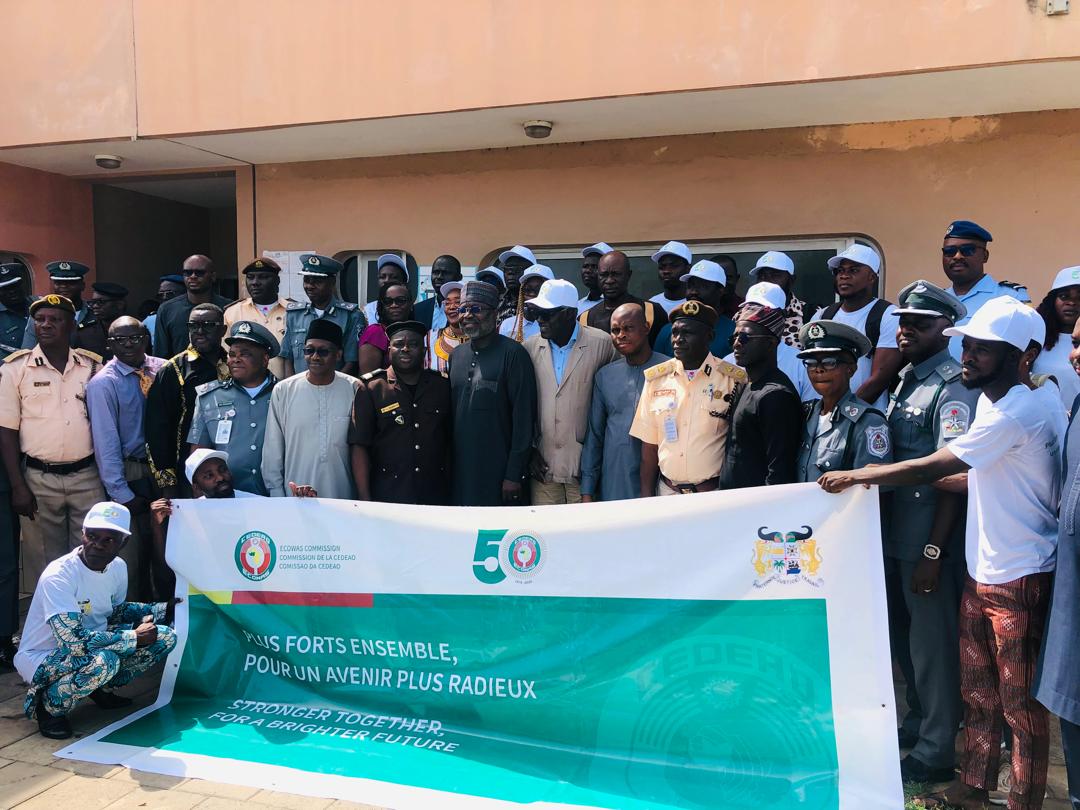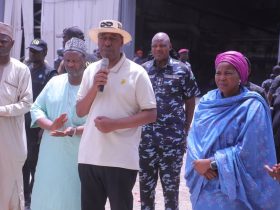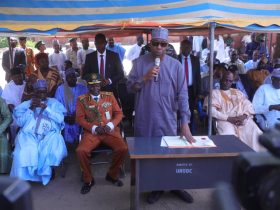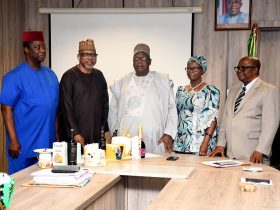ECOWAS President Dr. Omar Touray has pledged urgent reforms following a fact-finding visit to the Nigeria-Benin Republic border, where Nigerian security agencies raised serious concerns about infrastructure decay, corruption, and trade bottlenecks.
Customs and Immigration officials complained of non-functional scanners, multiple checkpoints, language barriers, and lack of electricity, water, and internet at the Seme border post. They also highlighted issues like double taxation that deter cross-border trade.
Customs Controller Dr. Ben Oramalugo said traders were avoiding the corridor due to double duties imposed by both Nigerian and Beninese authorities. He also urged ECOWAS to mandate bilingual education across the region to ease cross-border communication.
Immigration officials noted that installed scanners had never worked, hindering their ability to detect illicit goods. They called for urgent repairs to enhance security.
In response, Nigerian Ambassador to ECOWAS, Musa Nuhu, said the federal government had established a presidential task force to eliminate multiple checkpoints and streamline border operations, starting with the Seme-Badagry corridor.
Touray acknowledged the concerns, calling the state of infrastructure “disappointing” and unsustainable. “We cannot continue to have expensive facilities that do not function,” he said, vowing to report back with recommendations to member states.
He emphasized that free movement must not compromise security, and warned against extortion by border officials, insisting all payments be receipted to ensure transparency.
Commercial drivers also shared their frustrations. Nigerian driver Joseph Dibang described cross-border travel as a “nightmare” due to frequent unofficial payments and harassment. A Beninese driver echoed concerns, saying ECOWAS policies often go unenforced at the ground level.
Touray concluded by stressing the need for improved dialogue with member states to ensure the maintenance and enforcement of ECOWAS policies, and called for greater awareness around regional integration rules.












Leave a Reply